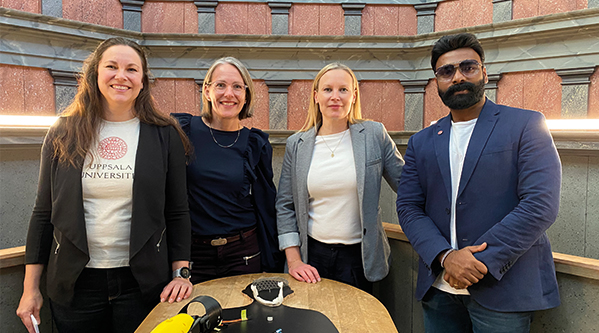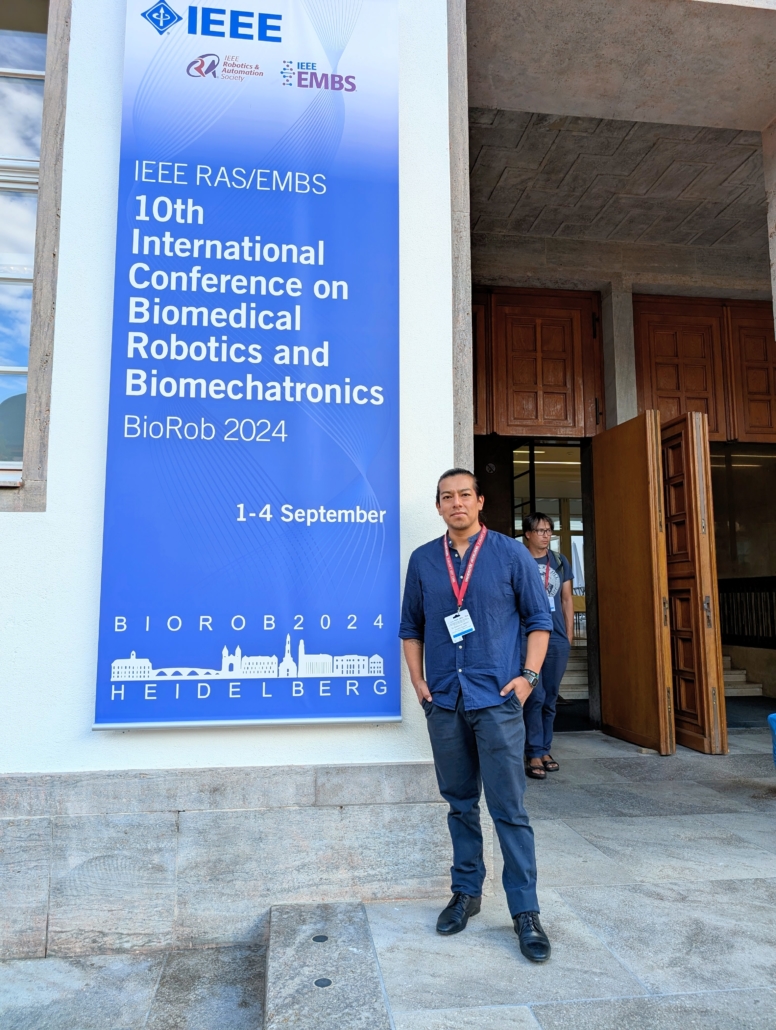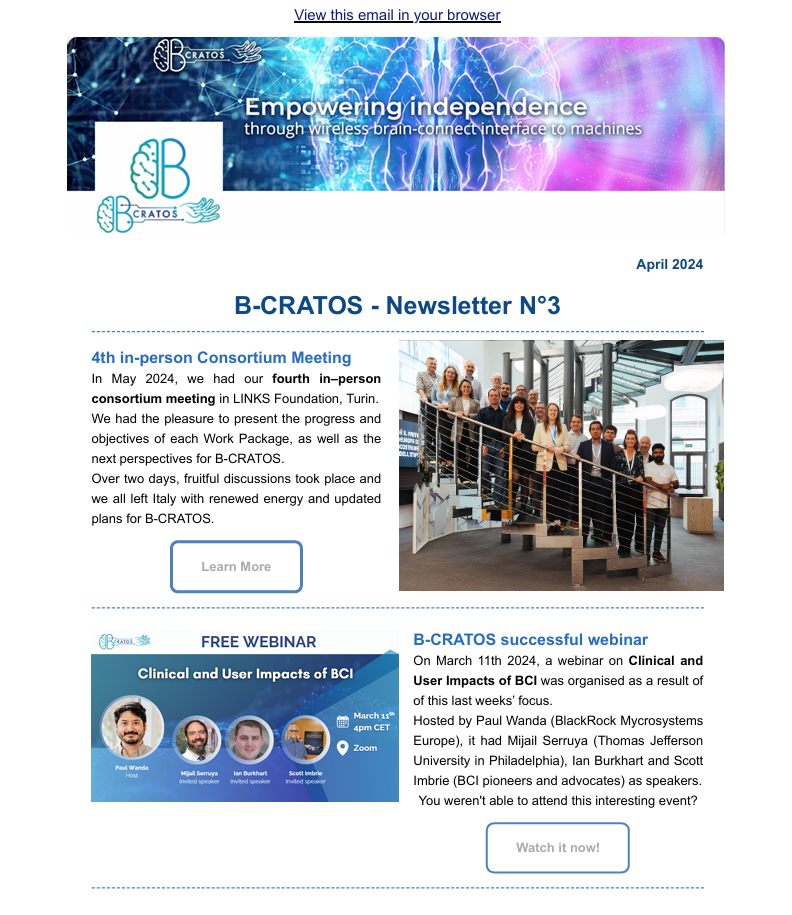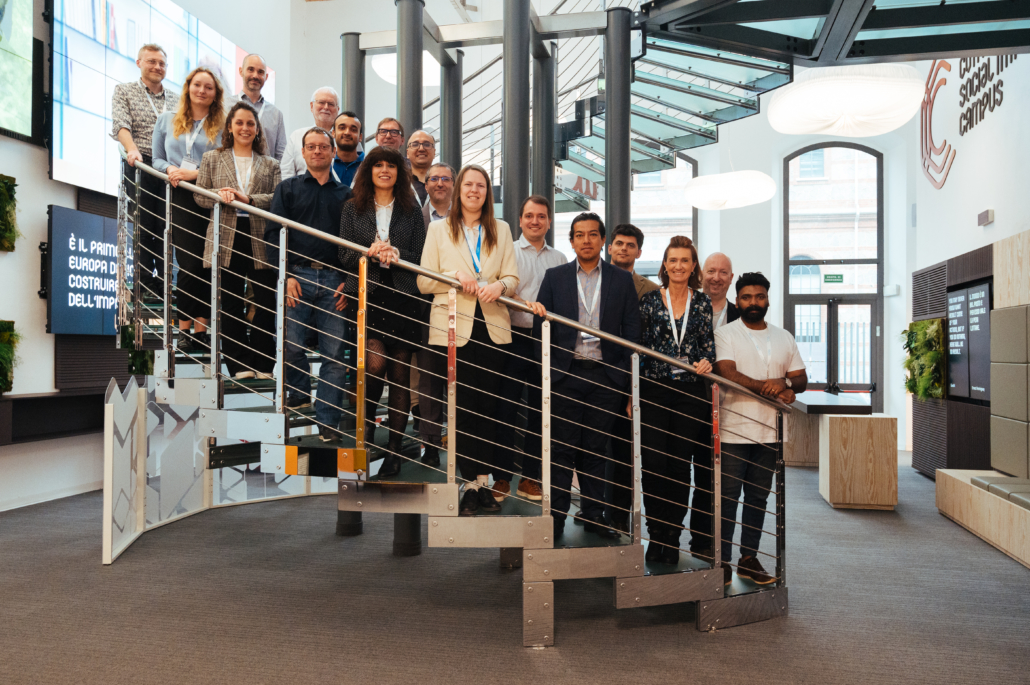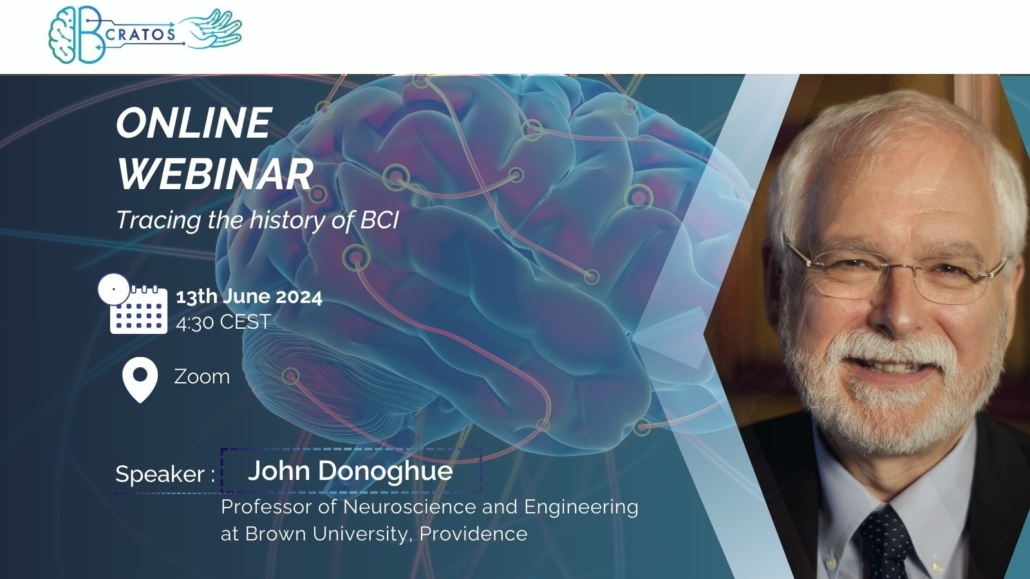Synchron Announces Positive Results from U.S. COMMAND Study of Endovascular Brain-Computer Interface
In a major step forward for next-generation implantable BCI devices, Synchron has just announced positive safety results from their COMMAND clinical trial, reporting no serious adverse events in brain/vasculature of the 6 patients enrolled over 12 months! Impressively, surgeries had a median deployment time of 20 minutes, demonstrating a major advantage of the Stentrode technology. And importantly, the trial demonstrated efficacy, showing that motoric brain activity was captured and transformed to digital control signals.
The Synchron system is a great example of thinking outside of the box to go beyond the current state of the art and enable BCI systems to be potentially safer, longer lasting, and easier to deploy. The future of BCI is arriving and will be made possible by next generation technologies, whether it is novel electrodes like the Stentrode or improvements in wireless implantable technologies, such as those being advanced by our B-CRATOS project, among others.
Find the full article here!

